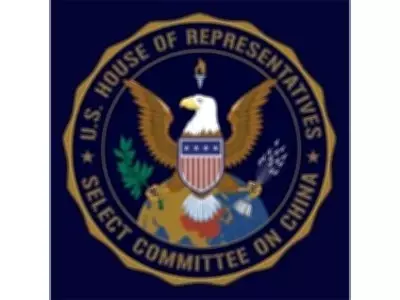
In a move that's sparking intense debate across New York City, Assemblyman Zohran Mamdani is leading a controversial charge to dismantle the city's gifted and talented programmes in public schools. The progressive politician's stance has created a deep divide among educators, parents, and policymakers about the future of specialized education.
The Equity Argument Against Gifted Programmes
Mamdani's primary contention revolves around what he calls "inherent inequality" in the current system. He argues that gifted programmes perpetuate segregation and create a two-tiered education system that disproportionately benefits wealthier, predominantly white students while leaving behind children from minority and low-income backgrounds.
"These programmes don't identify giftedness—they identify privilege," Mamdani asserts, pointing to demographic data that shows stark racial and economic disparities in gifted programme enrollment.
Why Many New Yorkers Are Pushing Back
Despite Mamdani's equity-focused arguments, significant opposition has emerged from various quarters:
- Parent advocacy groups argue that eliminating gifted programmes would deprive high-achieving students of necessary academic challenges
- Education experts warn that removing accelerated learning options could lead to boredom and disengagement among top performers
- Many families from diverse backgrounds see gifted programmes as crucial opportunities for upward mobility
The Complicated Reality of Education Reform
The debate touches on fundamental questions about how public education should balance excellence with equity. While Mamdani proposes replacing gifted programmes with enriched curriculum for all students, critics question whether this approach would adequately serve students at both ends of the academic spectrum.
The controversy reflects broader national conversations about educational equity, standardized testing, and how to best serve diverse student populations in public school systems.
As the discussion continues, both sides agree on one thing: the current system needs improvement. Where they differ dramatically is in their vision for what comes next—and whether specialized programmes for gifted students should be part of that future.





